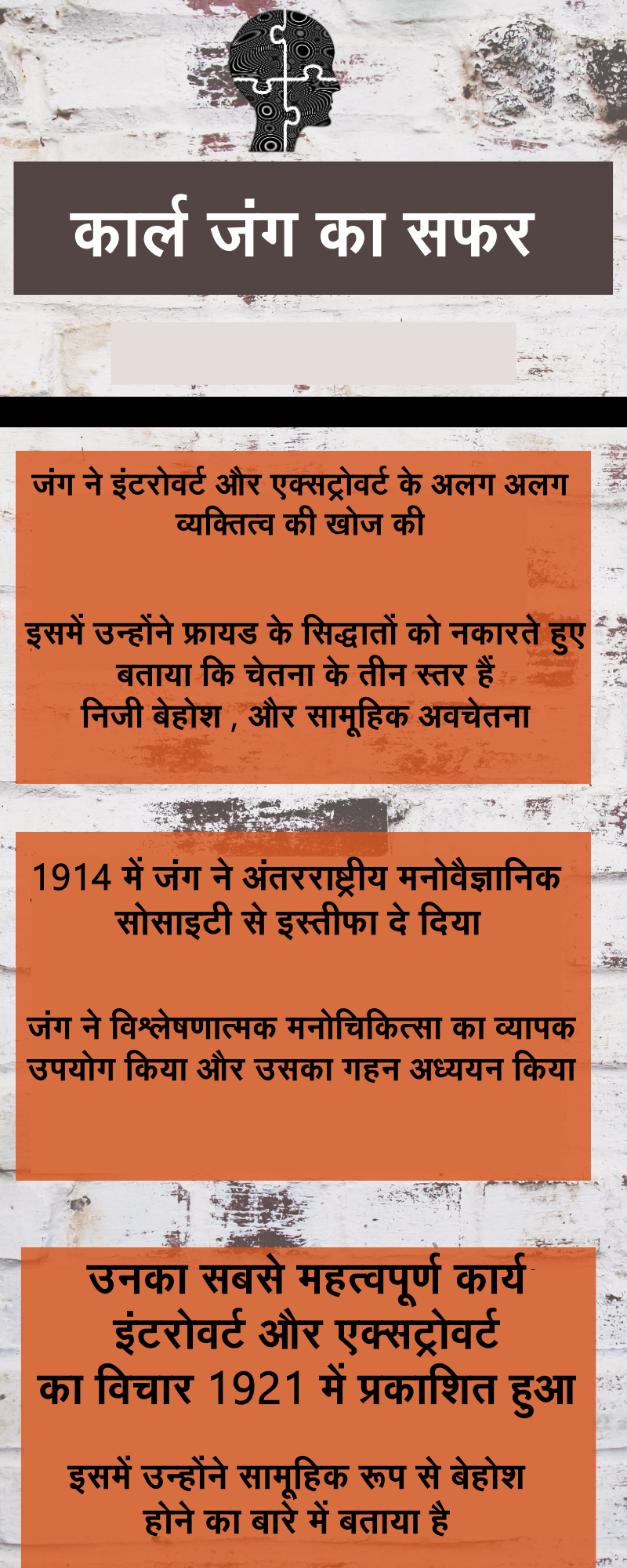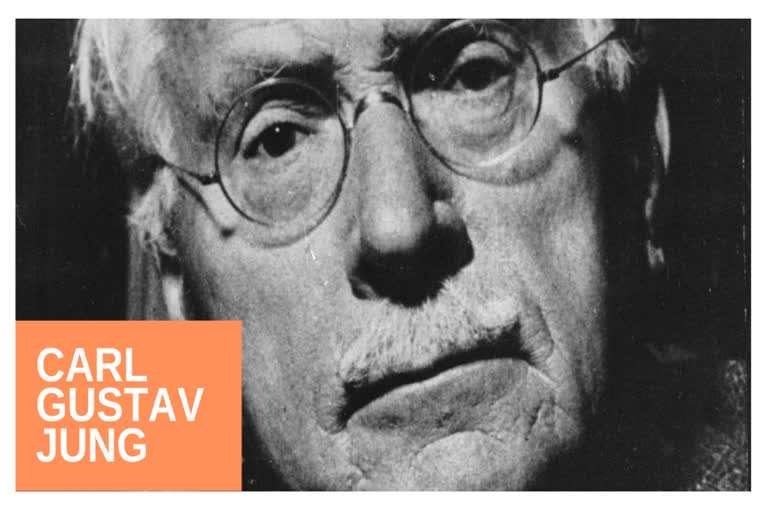Hyderabad: Carl Jung published numerous works during his lifetime, and his ideas have had reverberations traveling beyond the field of psychiatry, extending into art, literature, and religion as well. Carl Jung introverts and extroverts personality types and more of his developments can be seen below:-


In Carl Jung's biography, in his later life, he traveled the globe to study different cultures. Carl Jung publications were on his findings and on some 200 works on his theories. These included Modern Man, in Search of a Soul (1933), and The Undiscovered Self (1957). He also held professorships at the Federal Polytechnical in Zurich and the University of Basel. Jung's ideas continue to resonate today, in fields as varied as archaeology, religion, literature, and even pop culture.
Prizes and honors of Carl Jung include Zurich's literature prize in 1932. Six years later, he was elected an honorary fellow of England's Royal Society of Medicine. In 1944, he was named an honorary member of the Swiss Academy of Medical Sciences.
Jung's childhood was influenced by the complexities of his parents. His father, Paul, developed a failing belief in the power of religion as he grew older. Jung's mother, Emilie, was haunted by mental illness and, when her boy was just three, left the family to live temporarily in a psychiatric hospital.
Jung, who began reading philosophy extensively in his teens, bucked tradition and attended the University of Basel. There, he was exposed to numerous fields of study, including biology, paleontology, religion, and archaeology, before finally settling on medicine.
Jung graduated from the University of Basel in 1900 and obtained his M.D. two years later from the University of Zurich.
Jung married Emma Rauschenbach in 1903. The couple had five children and remained together until Emma's death in 1955. Jung died at his home in Zurich on June 6, 1961



